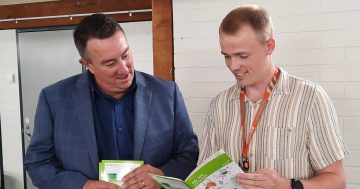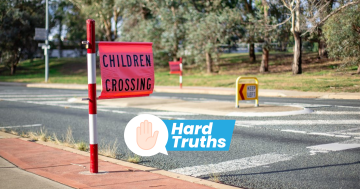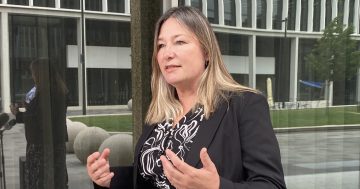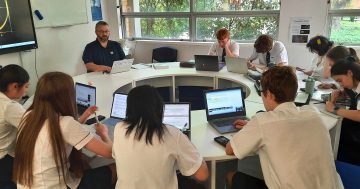
Worry, nervousness, an inability to concentrate, and complete avoidance are all classic symptoms of maths anxiety.
The term was first used in the 1970s, but has since been studied at length by a series of psychologists who have proven that its effects can be so stressful that it actually triggers the same physical reactions as a life or death situation.
The general consensus is that children develop maths anxiety as a result of continued negative experiences during maths learning. They might find the concepts difficult to grasp, continually get answers wrong, or believe they are just “bad at maths” (which often comes from a parent or sibling trying to sympathise with their situation).
Whatever the cause, it’s a serious problem that has a growing number of parents concerned – especially as their children move through primary school and prepare to transition into high school, where theories become more complicated.
One company on a mission to cure maths anxiety is Matific. Their online maths program was developed by a group of maths experts and university educators, and is now being used by teachers in over 46 countries. The business is part-owned and run by successful Australian entrepreneur and philanthropist Leon Kamenev, who is on a mission to improve children’s lives by providing teachers with additional resources to make teaching easier and learning fun.
An increasing number of ACT primary schools are now implementing the program to complement teachers’ work.
Brent Hughes, an ex-teacher who now trains teachers on using Matific says, “There are many maths applications available these days, but most begin with the idea that kids already understand the basic principles. If they don’t, it can actually make the anxiety worse. Matific uses games to teach maths concepts from scratch. It’s about showing kids how maths works and then letting them decide how they find it easiest to get to the right answer.”
Matific uses games in real-life settings to teach maths concepts, and has been specifically developed for kids in years K-6.
“Kids love it – they’re engaged and they can relate the games to real life which means they remember it. Over time these positive experiences build up, changing their belief in their own abilities and feelings about maths in general…and the anxiety falls away.”
While they had already received great feedback from teachers, the product was independently evaluated last year and the results were outstanding. Children using Matific showed a 34% growth in maths ability.
“The study was really affirming for us,” says Brent. “We knew we were making a difference, but to have it quantified and printed in academia is something we’re really proud of.
Implementing it in the classroom is really up to the creativity of the teacher. They can do it as an interactive whiteboard session for the whole class, as individuals or small groups using a tablet, or provide a login for the kids to use at home. Home use has actually proven really effective, as children tend to feel even more relaxed in a home environment and can then go to school and apply what they’ve learned.”
Matific is currently offering teachers and schools a 30 day free trial period, with access to all parts of the program.
“We can have a school set up and using Matific in 48 hours, and we offer full training. The program also works really well with Google Classroom which many teachers in the ACT are currently using. We’ve had plenty of teachers using other maths programs who, once they tried Matific, chose to implement Matific exclusively.”
Parents interested in the program are encouraged to discuss it with their child’s teacher or school principal.
“We are on a mission to cure maths anxiety for every child. In the end it’s about making maths understandable, achievable and fun.”
Teachers or principals wanting to trial Matific can call 1300 014 419 or email australia@matific.com.
For more information, please visit Matific.
This is a sponsored article, though all opinions are the author’s own. For more information on paid content, see our sponsored content policy.





















